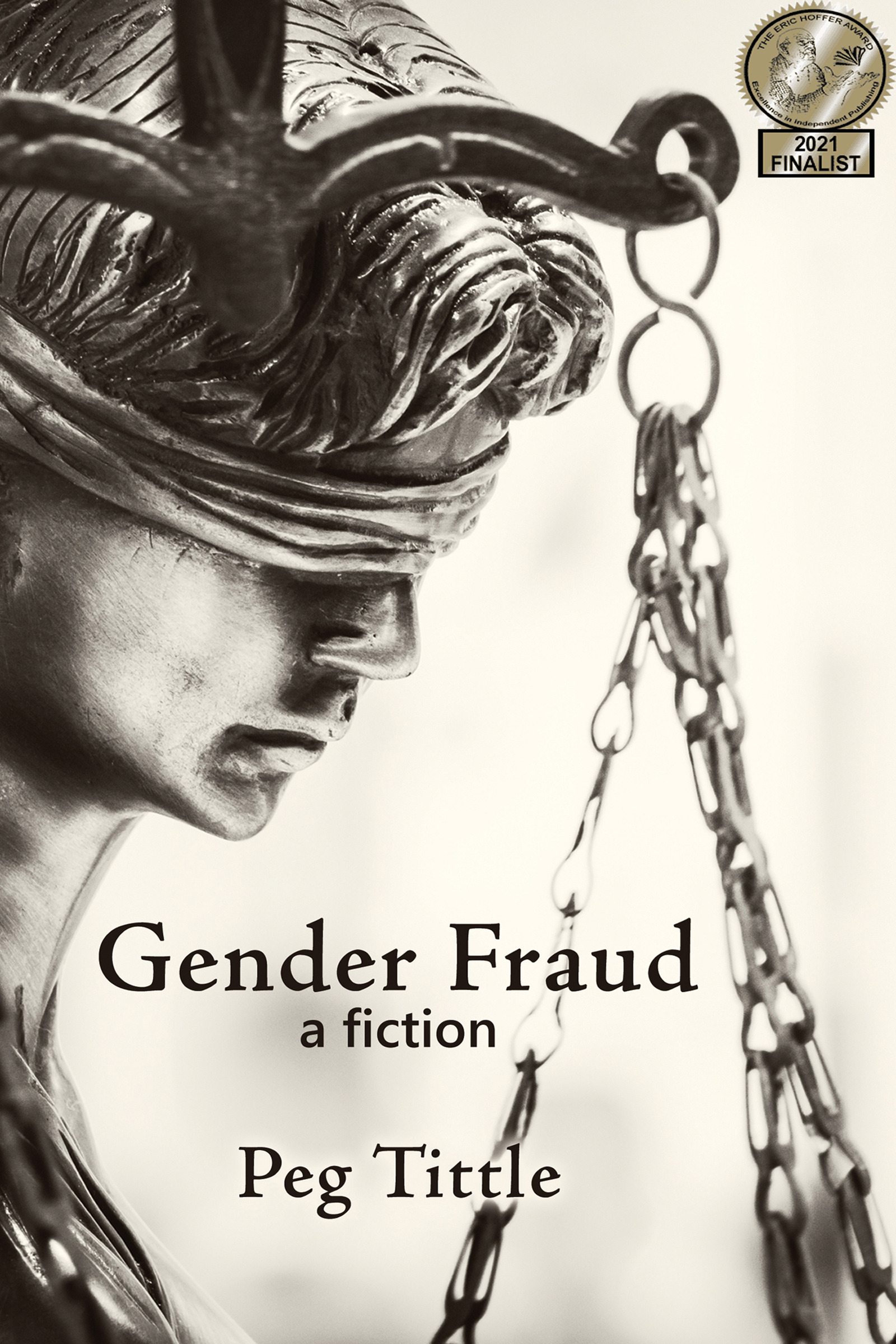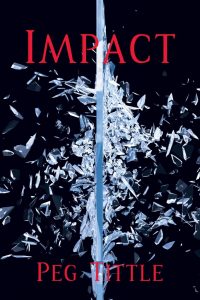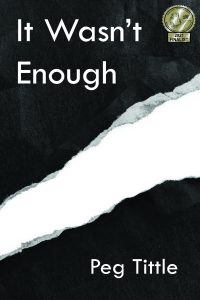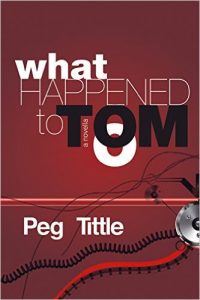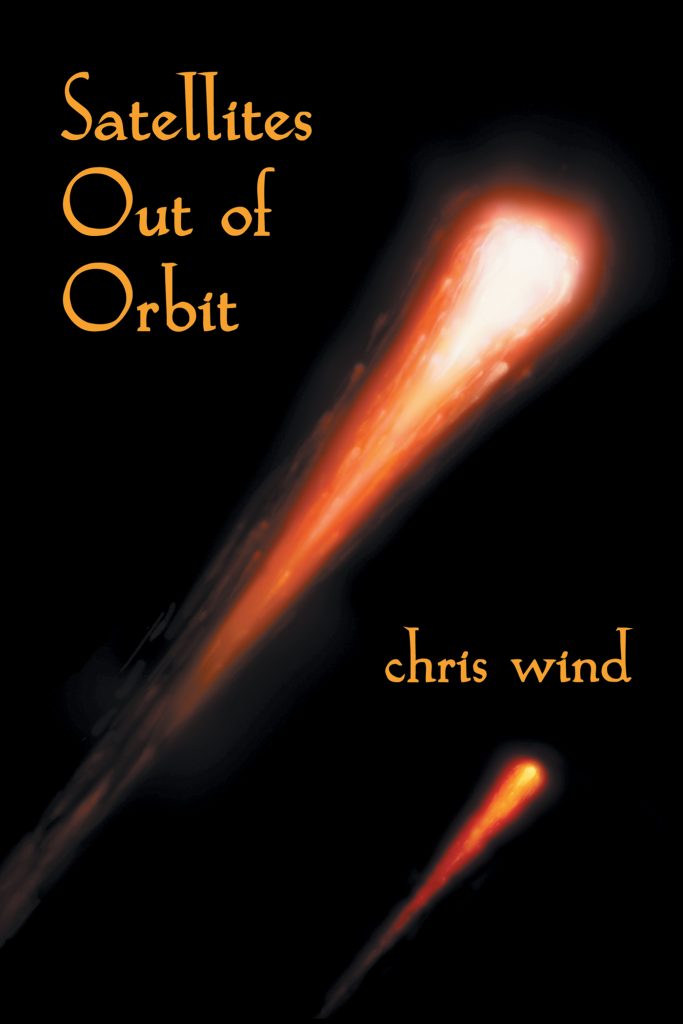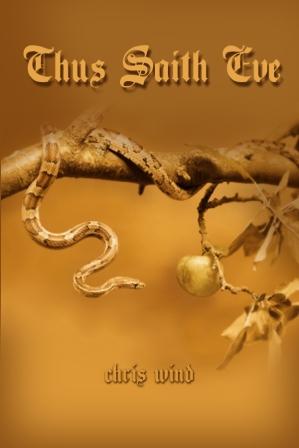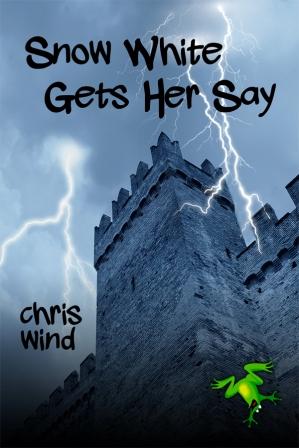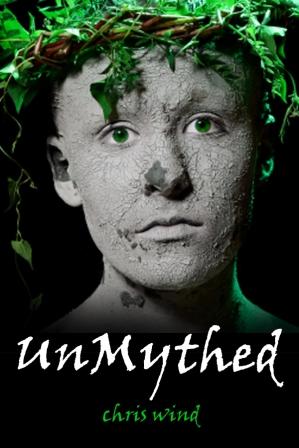from Soliloquies: the lady doth indeed protest, by Chris Wind
Miranda
Why has she no mother?
Why have I no mother?
Nor Ophelia, Portia, Kate, Cordelia, Hermia,
Indeed, none but Juliet?
I’ll tell thee:
’Tis an obsession with the male.
Consider Prospero, my good father,
‘The male as authority’—
For ’tis to you, father, I must direct my questions
There being none other to answer,
’Cept Caliban who though half beast
Is also (perchance moreso) male.
(And when there arrive a multitude of others,
Strangers to the island from the ship come asunder,
They too are, alack, every one of them male.)
You doth also seem to be ‘the male as power’—
You are parent and thus hold the natural virtue of veto
Further, you are conjurer, with unnatural force as well.
Lastly you are ‘the male as protector’—
For from you comes my safety from hazard and harm
(Though it seems needed only against others of your kind.)
Next consider Ferdinand,
It is you I am to see as my saviour,
You have knowledge of the other world,
You will release me from the power and authority
Of my father. You are my only alternative.
But since you are a man, you are not an alternative
At all.
’Tis odd this single stress on male—
The island is a reversal, not a reflection:
For ’tis women who are responsible for the young,
’Tis they who manage their education,
Their care and survival—not men.
This disregard of what is true
Can only issue from a mind deprav’d
And clouded over by sickness—
I fear ’tis envy of the womb:
Bereft of female affect, denied female influence,
I am totally fashioned, created by man—
’Tis a dream perchance of many a small boy
Playing with his penis one day
And crying out the next that he has no breasts.
(Yet ’tis not so simple: this jealousy
Of the ultimate power, the power of creation,
Raises the woman to great importance
And yet at the same time there seems to be
A preoccupation with self that
Excludes the woman to insignificance.)
Forsooth, ’tis a dream indeed
For I am not a vessel to be filled with your desires;
That you think me so is plain:
Ferdinand, it is clear you are interested
Only in my ability to reproduce,
For only if a virgin would you make me queen.
(Queer logic this—if it’s progeny you want,
Better to choose one proven
Than one untried and perhaps unable.)
You are no better than Caliban
Who in arrogance sought to people the isle
With copies of himself, and Stephano
The would-be king desiring also to propagate.
Father, you too are of the same,
For when giving, selling me to Ferdinand
You paraded as my greatest value
My virgin-knot.
Moreover, not only into my body but into my soul too
Would you thrust your desires:
Seeking purity and goodness but failing to attain
These qualities yourself, you hoist them upon me;
Aghast at the pain and responsibility of knowledge,
You would have me remain ignorant;
And guilty with experience, you declare me innocent;
Despising your own ugliness, you demand beauty in me;
And humiliated by the ravages of time passing,
You wish me to be forever young.
But I am not a ship at sea
To be directed by your hand at the helm:
I have my own course,
And will not be what you wanted to be
And could not become.
’Tis said The Tempest is a fitting summation
Of all the rest; if that be true
Then by rule of logic, all the rest
Is unrealistic and unbalanced:
For there are two sexes in the world,
Of equal representation in quality and quantity.
’Tis said I am the ultimate conception of Woman:
Young, beautiful, innocent, pure—
Is this what you want?
Then ’tis no flesh and blood you want,
For flesh ages as the years pass;
And it is not always, not often, beautiful.
And ’tis not mind, heart, and soul you want,
For the mind thinks, the heart feels,
And the soul moves by its own stars.
What you seem to want is something insubstantial,
Something of the air perchance.
Alas, look again, for I am a person
And not such stuff as dreams are made on.
***
Said to be a summation of Shakespeare’s work (it is the last comedy he wrote), The Tempest tells the story of Prospero (a Duke) and his daughter, Miranda, living in exile on an island. Caliban, “a freckled whelp hag-born—not honoured with a human shape” (I:ii, l.283-284), is the only other ‘person’ on the island (there is also Ariel, but he is a magical spirit); he has attempted, at least once, to rape Miranda and thus ‘people the isle with Calibans’ (I:ii, l.350-351).
Prospero commands a passing ship to wreck (he can do this), and all of its passengers survive, cast upon the shores of the island: Alonso and Sebastian (King of Naples and his brother), Ferdinand (the King’s son and, therefore, a prince), Antonio (Prospero’s brother, unjustly Duke of Milan), Stephano (a drunken butler who, once on the island and hearing about Miranda from Caliban, plans to take over by killing Prospero and making Miranda queen), and a few others.
Miranda and Ferdinand see each other and fall in love (Miranda has been on the island since she was a baby, so this is the first man she’s seen besides her father). Since she is a virgin (“Oh, if a virgin…I’ll make you Queen of Naples” I:ii, l.448), they are engaged (“Then, as my gift, and thine own acquisition, worthily purchased, take my daughter. But if thou dost break her virgin knot before all sanctimonious ceremonies may with full and holy rite be ministered…” IV:i, l.13-17); Ferdinand promises to be honourable, as he hopes “for quiet days, fair issue, and long life” (IV:i, l.24).



